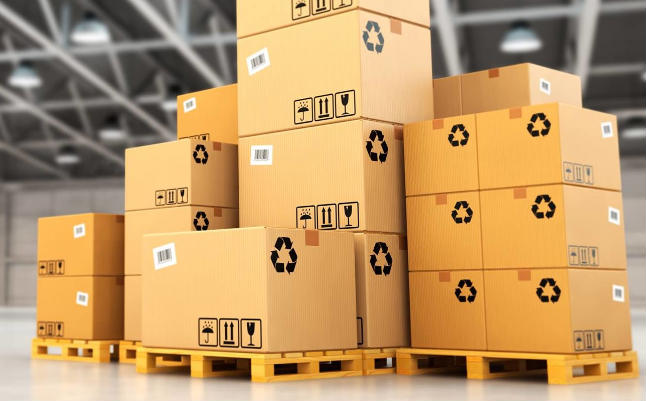If you’re unfamiliar with the term wholesaler, you’re not alone. Unfortunately, many people throw around the word wholesale without really knowing what it means or how wholesale works in business settings. A wholesaler can sell goods and products in many ways but generally does so by purchasing goods from manufacturers or wholesalers and then reselling those goods to retailers at a lower price point. To learn more about what exactly wholesale means, check out our guide to understanding wholesalers below.
What Does Wholesale Mean?
So, what does wholesale mean exactly? In business, when someone refers to wholesale, they mean that items are sold in bulk at reduced prices. When it comes to products, wholesale means that you’re selling directly to distributors or resellers and not consumers. For example, if you owned a candy company and sold $200 worth of candy to Walmart for resale, then you would be wholesaling your candy to Walmart.
How Wholesalers Work
If you want to buy in bulk, you might want to find a Lightspeed HQ wholesaler. This kind of company buys merchandise directly from manufacturers or distributors and then sells that merchandise to retailers or other businesses for resale. As a result, wholesalers provide their customers with larger quantities of goods for lower prices than those who purchase goods at retail stores do. Sometimes, wholesalers even handle manufacturing and assembly before selling their products to resellers.
Pros of Wholesalers:
- Ability to buy large quantities of goods at discounted prices;
- Greater selection of merchandise and products;
- Buying new or overstock items at wholesale prices allow your customers to access new, high-quality merchandise at affordable prices;
- Wholesalers can identify great business opportunities in industries with little competition, allowing you to make money while they build your brand awareness and customer base;
- They can be directly accessed by small businesses and individuals who might not have enough capital to buy large inventories themselves.
- They act as price negotiators for products, which means you may get better deals on bulk items than you would at retail stores.
- Their discounts are based on volume, so even if you’re purchasing small quantities, your savings should still be significant
Cons of Wholesalers
- Slow Payment – Because wholesalers buy in bulk, they have to take time to pay their suppliers, which delays how quickly you can get paid by them.
- Fewer Sales – Since wholesalers make big purchases from sellers, it’s more difficult for those products to sell out and for you to move inventory.
- Limited Inventory Control – It’s easier for your wholesale account to run out of your product if there’s no way for you to check its inventory levels and restock it as needed.
As you can see, there are much more advantages to wholesale. It takes time to build relationships with suppliers of wholesale goods, but once you have that relationship set up, it will probably save you money in the long run. There are also fewer administrative headaches since wholesalers do most of that work for you.
Hope that you enjoyed learning about wholesale. Remember that there are many different things to consider when doing any sort of business, regardless of the industry you work in.















